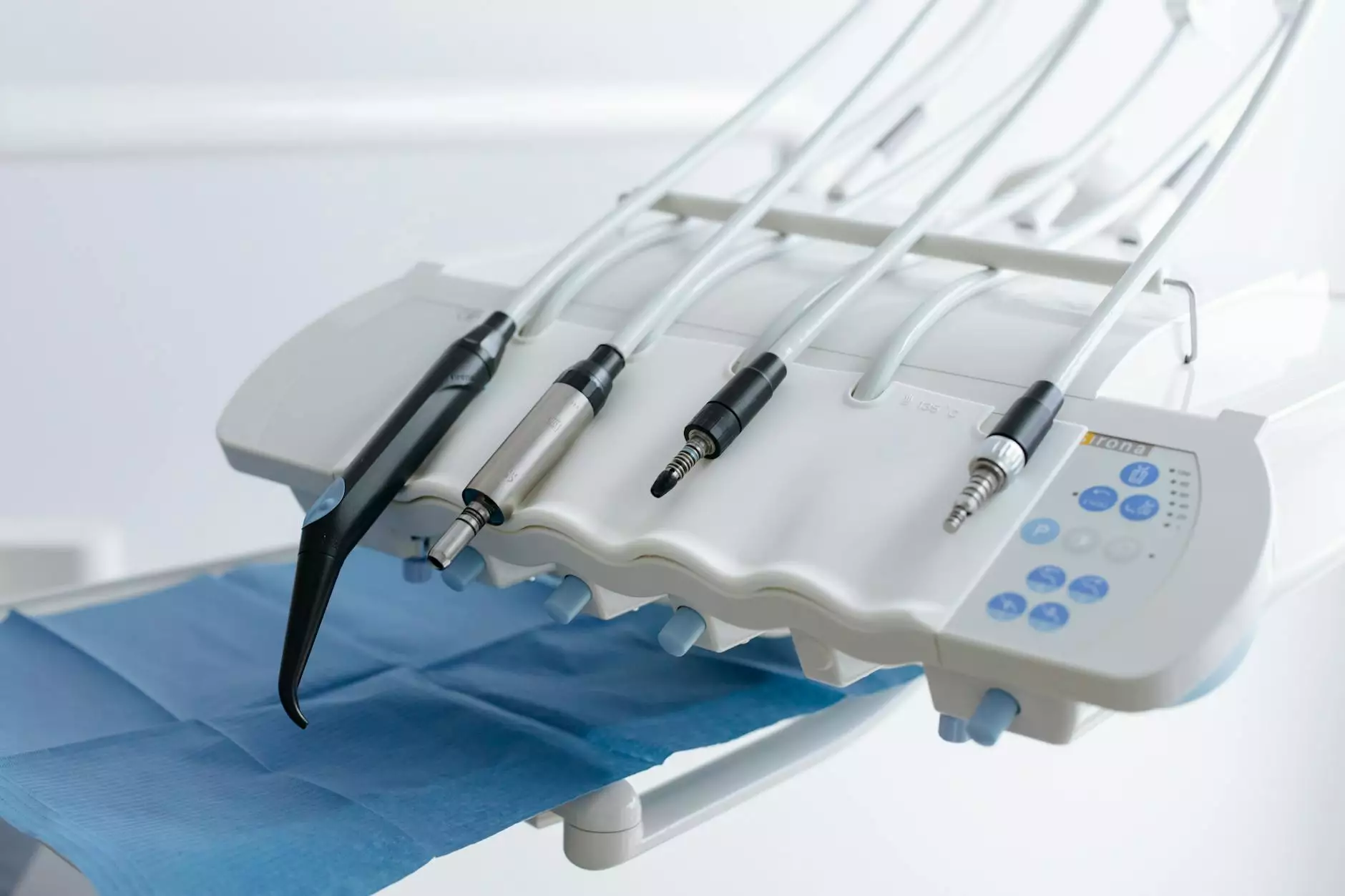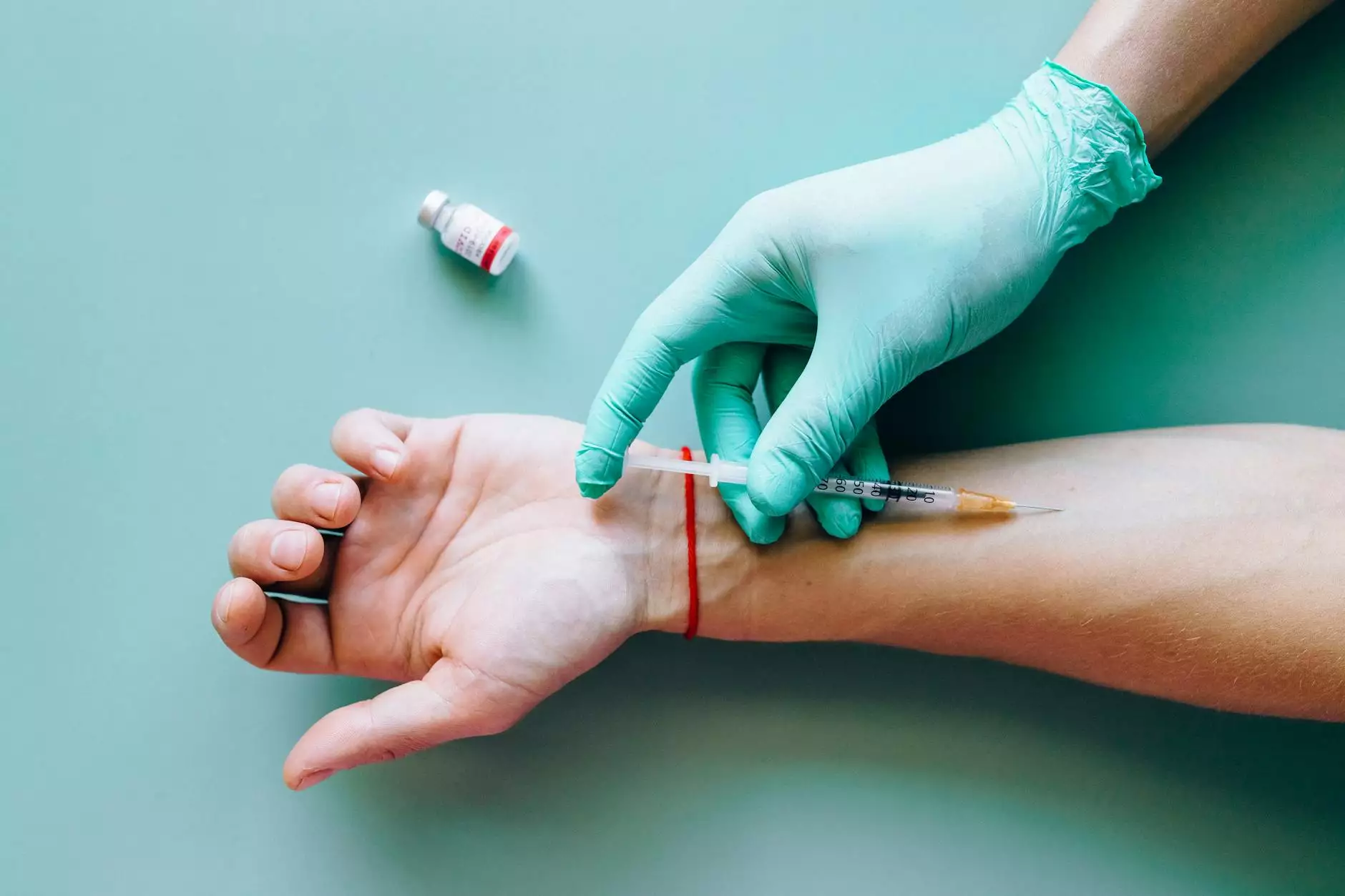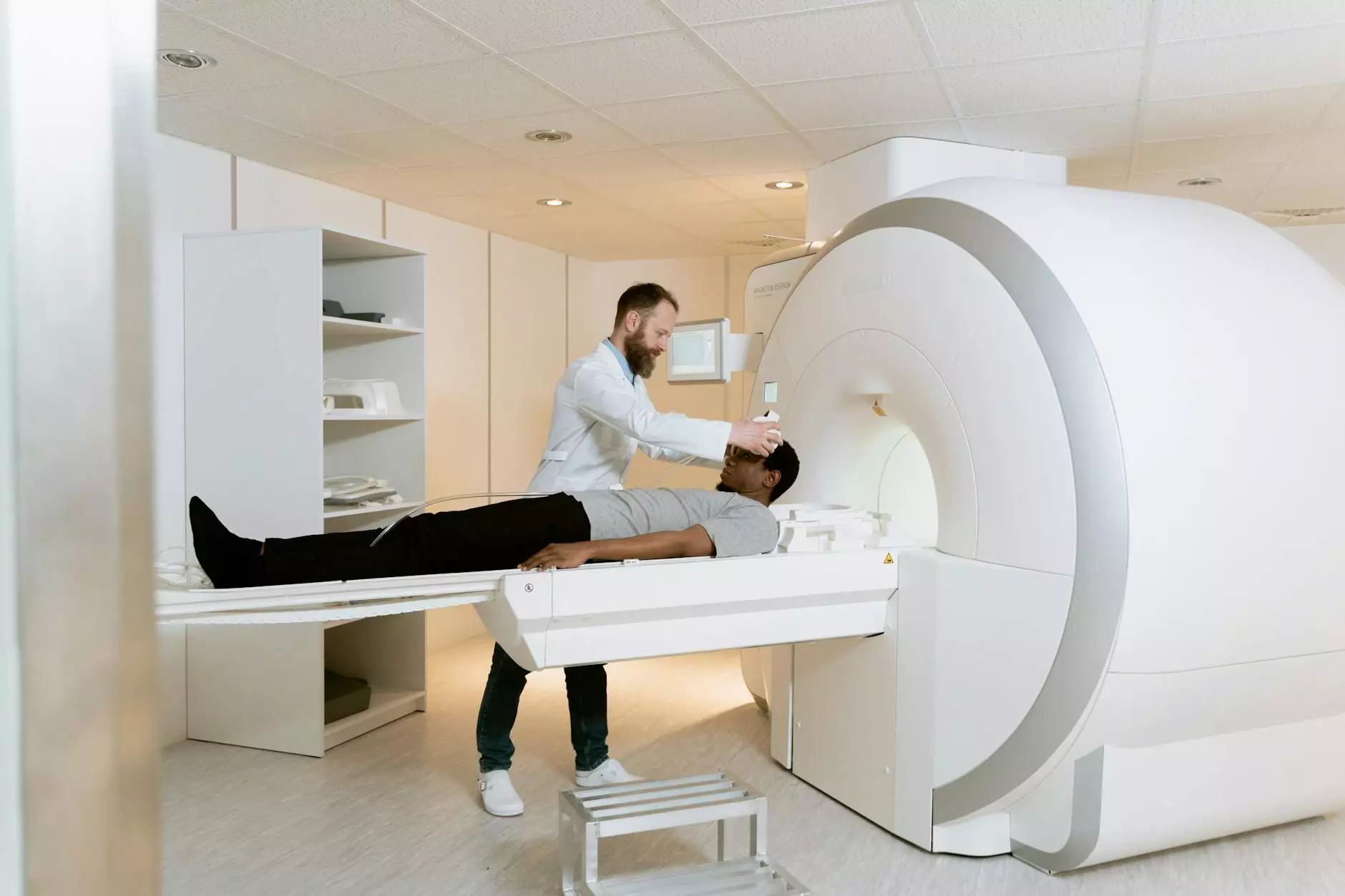Revolutionizing Healthcare: The Impact of Mobile Central Sterile Processing Units

In the rapidly evolving landscape of healthcare, maintaining sterility and efficiency are paramount to ensuring patient safety and operational success. One of the most innovative developments in this arena is the advent of mobile central sterile processing units. These cutting-edge units are transforming the traditional paradigms of surgical preparedness, infection control, and resource management, offering a flexible, reliable, and cost-effective solution for healthcare providers across various settings.
Understanding Mobile Central Sterile Processing Units and Their Role in Healthcare
At their core, mobile central sterile processing units are compact, highly specialized systems designed to perform critical sterilization procedures outside of traditional hospital central sterile processing departments (CSPDs). They are typically mounted on transportable platforms, allowing hospitals, clinics, and medical centers to deploy sterilization capabilities directly where needed—whether in remote locations, emergency response zones, or during large-scale medical events.
The Critical Importance of Sterile Processing in Medical Settings
Ensuring that medical instruments are thoroughly sterilized is a cornerstone of infection prevention in healthcare. Contaminated instruments can lead to severe postoperative infections, jeopardize patient safety, and result in costly legal and reputational consequences for medical institutions. Traditionally, sterilization is handled within centralized facilities equipped with large autoclaves and sterilizers. However, this model can be limiting in situations requiring rapid response, resource sharing, or expansion of surgical services.
Advantages of Mobile Central Sterile Processing Units
1. Enhanced Flexibility and Accessibility
- Deployment in Remote and Underserved Areas: Mobile units can be stationed in rural clinics, disaster zones, or temporary field hospitals where traditional facilities are unavailable.
- On-Demand Sterilization: They allow healthcare providers to scale sterilization capacity according to fluctuating demands without needing substantial infrastructure investments.
- Support for Large-Scale Events: During mass gatherings, festivals, or emergencies, these units ensure that sterilization keeps pace with increased surgical and procedural activities.
2. Cost-Effectiveness and Resource Optimization
- Reduced Infrastructure Costs: Mobile units eliminate the need for constructing permanent CSPDs, saving money on building, maintenance, and staffing.
- Lower Operational Expenses: Their portability minimizes transportation costs and allows for shared usage across multiple locations.
- Efficient Utilization: Faster turnaround times and the ability to service multiple sites optimize resource allocation and operational efficiency.
3. Improved Infection Control and Safety
- Consistent Sterilization Standards: Advanced mobile units are equipped with state-of-the-art sterilizers that meet or exceed industry standards, ensuring instrument safety.
- Reduced Cross-Contamination Risks: By decentralizing sterilization processes, mobile units minimize the movement of contaminated instruments across facilities, reducing infection risks.
- Real-Time Monitoring: Integrated data tracking and quality control features enable compliance with regulatory standards and facilitate audits.
4. Supporting Modern Healthcare and Emergency Response
In an era where healthcare delivery must be adaptable, mobile central sterile processing units serve as vital components in emergency preparedness plans, facilitating rapid deployment during natural disasters, pandemics, or conflict zones. Their agility ensures that surgical and procedural services maintain continuity, safeguarding patient outcomes even under challenging circumstances.
Technological Innovations Powering Mobile Sterile Processing Units
Modern mobile central sterile processing units are embedded with cutting-edge technology that elevates their performance. Here are key innovations:
- Automated Sterilization Cycles: Precise automation ensures thorough sterilization with minimal human intervention, reducing errors and increasing throughput.
- Smart Monitoring Systems: Sensors track sterilization parameters like temperature, pressure, and humidity, transmitting data in real-time for quality assurance.
- Wireless Connectivity: Wireless integration supports remote management, reporting, and compliance documentation.
- Energy-Efficient Design: Eco-friendly power consumption reduces operational costs and supports sustainable healthcare practices.
Choosing the Right Mobile Sterile Processing Solution
Healthcare providers considering mobile central sterile processing units should evaluate several factors to ensure optimal fit for their needs:
- Capacity and Throughput: Determine the volume of instruments to be sterilized to select an appropriately sized unit.
- Compliance with Standards: Ensure units adhere to industry regulations like ANSI/AAMI, CDC guidelines, and local health authorities.
- Ease of Use and Maintenance: User-friendly interfaces and straightforward maintenance protocols enhance efficiency.
- Portability and Setup: Consider size, weight, and ease of transport to match the deployment environment.
- Integration Capabilities: Compatibility with existing hospital information systems and sterilization protocols.
The Future of Sterile Processing in Healthcare
The role of mobile central sterile processing units is poised to expand as healthcare systems embrace digital transformation and prioritize infection control. Emerging trends include:
- Integration with Robotics and AI: Automating sterilization and instrument tracking with AI enhances accuracy and operational efficiency.
- Miniaturization and Advanced Materials: Developing smaller, more durable components to increase portability and reliability.
- Global Mobile Sterilization Networks: Creating interconnected mobile units for coordinated sterilization services across large regions or networks.
- Sustainable Sterilization Technology: Emphasizing environmentally friendly sterilization agents and energy-efficient processes.
Why Choose odulairmobileclinics.com for Your Mobile Healthcare Solutions
OdulairMobileClinics.com specializes in providing innovative, high-quality mobile healthcare units, including mobile central sterile processing units. Their commitment to excellence ensures that healthcare providers receive reliable, up-to-date technology with comprehensive support.
- Expertise and Experience: Years of industry experience with tailored solutions for diverse medical environments.
- Custom Configurations: Units designed to meet specific spatial, operational, and regulatory needs.
- Exceptional Support: Ongoing maintenance, training, and technical assistance to maximize efficacy.
- Dedicated Innovation: Continuous investment in R&D to develop next-generation mobile sterilization and healthcare units.
Conclusion: Elevating Healthcare with Mobile Sterile Processing Units
In conclusion, mobile central sterile processing units represent a transformative leap in medical logistics, infection control, and operational agility. Their ability to provide sterilization services everywhere—from remote clinics to disaster zones—makes them indispensable in modern healthcare delivery. By choosing advanced, reliable solutions from trusted providers like odulairmobileclinics.com, healthcare facilities can ensure they remain at the forefront of patient safety, efficiency, and innovation.
As the healthcare landscape continues to evolve, embracing these mobile technologies will not only improve outcomes but also redefine the possibilities of medical service accessibility and reliability worldwide.









